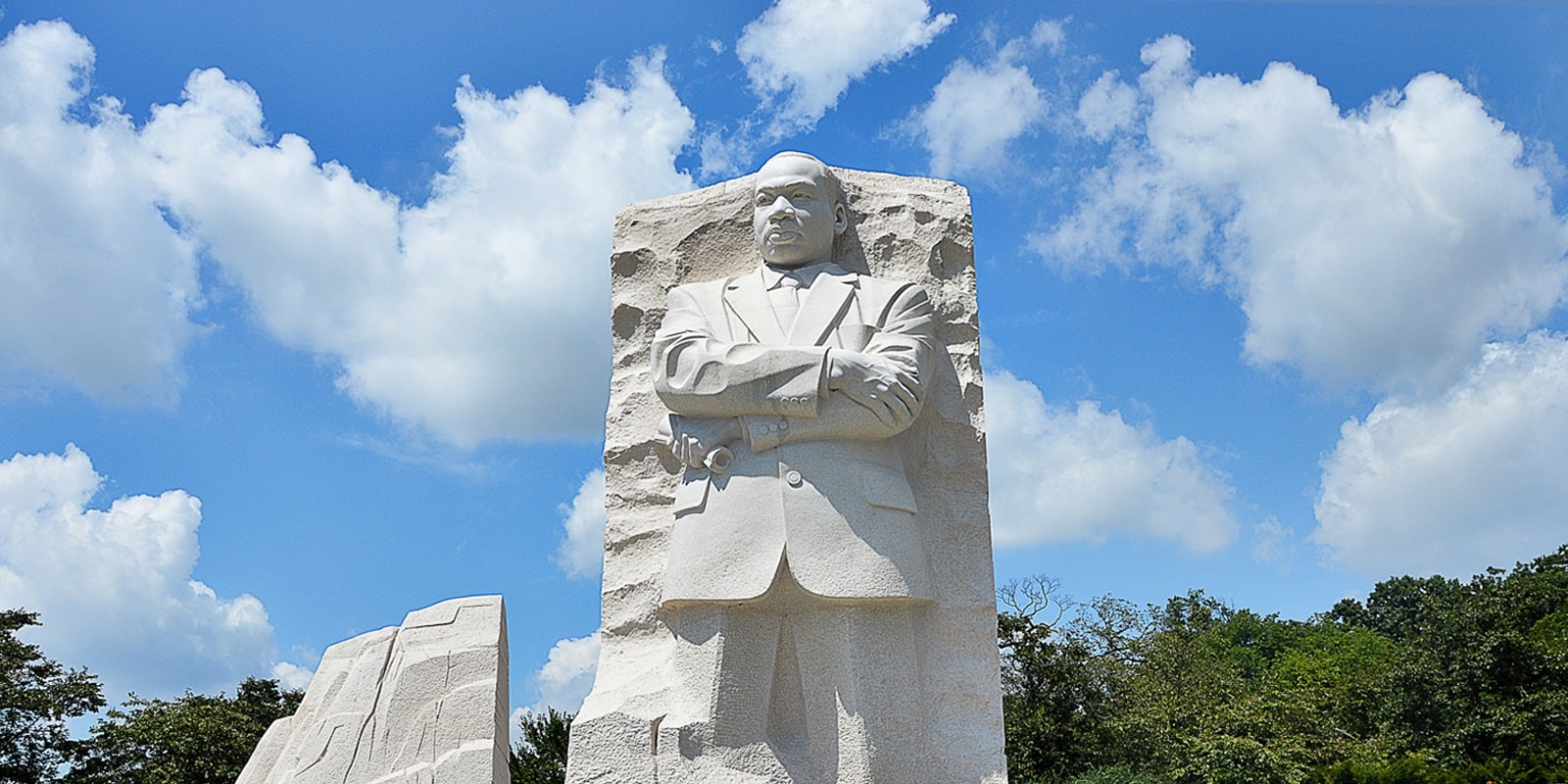


It is amazing to consider that one of the most enduring resources for American Christians was written in the 1640s. At a time when kings were toppling, parliaments were warring, and churches were fracturing, the Westminster divines forged a confession that has outlasted them all. Its survival is not an accident of history but proof of its enduring truth.
The Confession was born in the halls of Westminster Abbey during the English Civil War. Gathered there were more than a hundred ministers, scholars, and parliamentarians, meeting under the shadow of political upheaval and ecclesiastical crisis. They did not set out to write a timeless classic but to anchor the faith of their nation. However, what they produced became a standard for Presbyterian churches across the globe and one of the finest summaries of Reformed theology ever written.
One of the Confession’s enduring strengths is its design. The first half teaches the doctrines of the Christian faith with clarity: the nature of scripture, the attributes of God, the person and work of Christ, justification by faith, and the sacraments. The second half explains the duties that flow from those doctrines. Here we find careful teaching on the law of God, Christian liberty, the Sabbath, marriage, vows, and the civil magistrate. The two halves are inseparable. Doctrine shapes duty, and duty proves doctrine.
This pattern reflects the New Testament itself. Paul unfolds the gospel in Romans 1–11 before exhorting believers to present their bodies as living sacrifices in Romans 12. The Westminster divines did the same: truth comes first, then life. As a result, the Confession is not a museum of doctrines but a handbook for holy living.
At a time when “my truth” often replaces God’s truth, the Confession begins by affirming that scripture is necessary, authoritative, sufficient, and clear.
Robert Pacienza Share on 𝕏
Why should a seventeenth-century confession matter for Christians in twenty-first-century America? Because our challenges, though wrapped in new technologies and cultural fashions, are, at root, the same. The Confession speaks to them with remarkable clarity. Consider the relevance of just these three:
Here is where the Confession proves its relevance. A church that confesses scripture’s authority will not be blown about by shifting moral fashions. A church that cherishes liberty of conscience will neither bow to cultural compulsion nor misuse freedom as a pretext for sin. A church that honors God’s law and respects civil order will form citizens who contribute to public life with integrity.
Some argue that acknowledging God’s authority must lead to an imposed theocracy. The Confession says otherwise. It insists that all rulers are accountable to God, yet it carefully limits the magistrate’s power. This is a word we need now: the civil government is under God, but it is not the church, and it must not attempt to be.
In this way, the Confession produces communities that are countercultural without being sectarian. They do not retreat into private spirituality but display in public a steady pattern of truth and holiness.
We do not need to reinvent Christianity every decade; we need to remember what we already confess.
Robert Pacienza Share on 𝕏
American Christianity suffers from a crisis of depth. Too many churches offer spiritual uplift without theological roots or political fervor without biblical ballast. The results are predictable: shallow discipleship, cultural compromise, and fragile institutions.
We do not need to reinvent Christianity every decade; we need to remember what we already confess. The Confession gives the church the depth it lacks. It reminds pastors that doctrine is pastoral, elders that truth is protective, families that catechesis is essential, and Christians in public life that God’s law still matters.
The Westminster divines could not have imagined our digital technologies or modern debates over gender and politics. Yet because their work is saturated with scripture, it transcends their century. The Confession is not a relic but a living guide.
The Westminster Confession of Faith is not an optional add-on to the Christian life. It is the backbone of a confessional church that will not bend before cultural idols. America does not need new slogans or fresh spiritual fads. It needs churches that once again know what they believe and dare to confess it. And if the church will recover that voice, it will not only regain its footing but also offer a disoriented nation the one thing it cannot give itself: the truth of God spoken clearly, courageously, and without apology.









No spam, stay up to date on new articles, resources and events!
Get notified about new articles from the Institute.